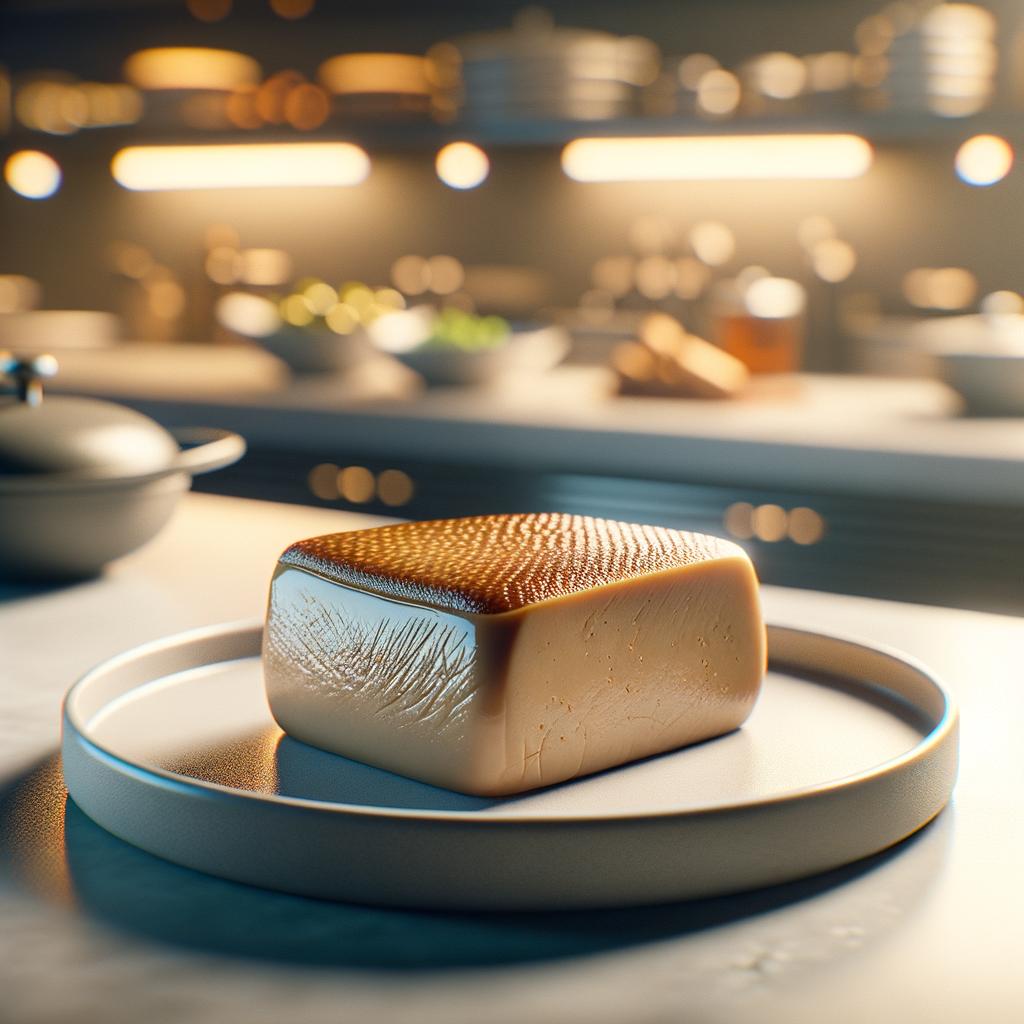Duck Foie Gras

Description Duck Foie Gras, a culinary gem from the heart of France, is a delicacy like no other. It is the liver of a duck or goose that has been specially fattened, resulting in a rich, buttery, and delicate organ meat. The color of duck foie gras ranges from pale pink to deep rose, with a smooth, velvety texture that simply melts in your mouth. Its flavor profile is complex and luxurious, with a robust, sweet, and earthy taste that lingers on the palate. What sets duck foie gras apart from other types of liver is its high fat content, which gives it an unparalleled creaminess and depth of flavor.
Primary Uses Duck Foie Gras is a pivotal ingredient in the world of haute cuisine. It is often enjoyed raw, simply seasoned with salt and pepper, and lightly seared to achieve a crispy exterior while preserving the melt-in-your-mouth interior. It can also be made into a terrine or pate, served with crusty bread and sweet accompaniments like fig jam or caramelized onions. In the realm of non-culinary uses, duck foie gras holds a significant cultural value in France, being a symbol of celebration and indulgence, especially during the festive season.
History The history of foie gras dates back to the ancient Egyptians, who discovered that geese would gorge themselves on figs and grains, resulting in enlarged, fatty livers. This technique was later adopted by the Greeks and Romans, who introduced it to France, where it became a culinary tradition. Over time, duck foie gras has become synonymous with French gastronomy, its use evolving from a simple farm dish to a star of Michelin-starred menus. There's a popular folklore in France that foie gras was discovered when a farmer noticed a dead goose with an unusually large liver after it had gorged itself on grains in preparation for migration.
Nutritional Information Duck Foie Gras is a nutritional powerhouse, rich in vitamins A, B, E, and K, and minerals such as iron and selenium. It's also a good source of high-quality protein. However, it is high in cholesterol and saturated fat, which should be taken into account for those with specific dietary needs. Compared to other types of liver, duck foie gras has a higher fat content, which contributes to its unique flavor and texture. Despite its rich taste and nutritional value, moderation is key when enjoying this decadent ingredient.

